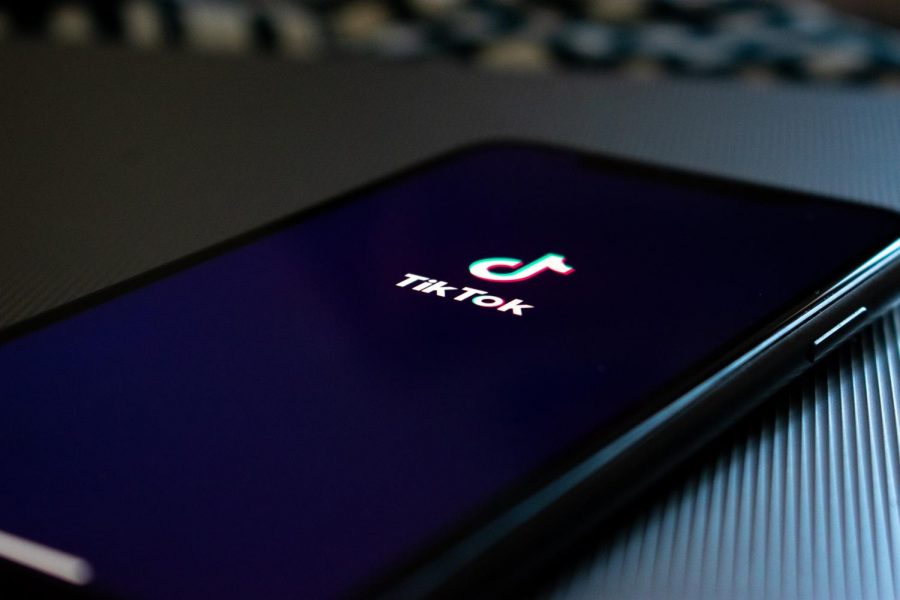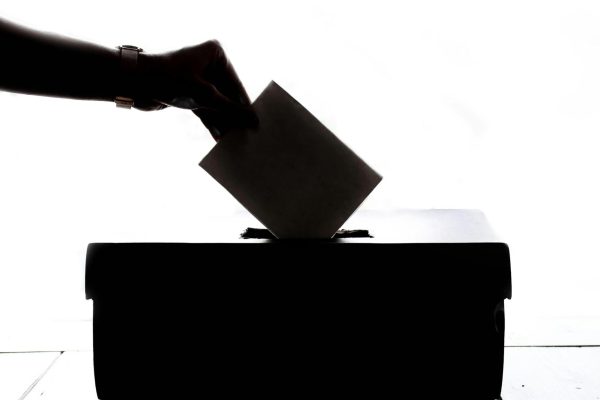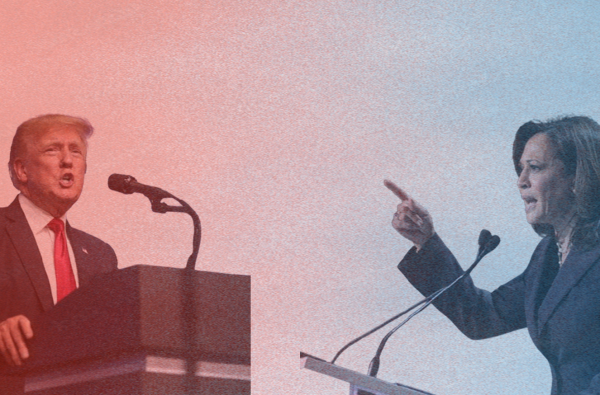The Military Banned TikTok. What Does This Mean for the Rest of Us?
Do you have any reason to be afraid of this simple, short-form video sharing platform?
With more than one and a half billion users to date, one can safely say that TikTok’s American user base has grown considerably since its introduction in 2016. So greatly, in fact, that it is now the second most downloaded app in the world, dominated only by WhatsApp, a messaging service by Facebook.
TikTok’s quick rise to intense popularity has, inevitably, raised a number of concerns among Americans, even at the highest level— as of Nov. 2019, the app was said to be under a national security review. In light of current tensions between the United States and China, where the company is owned, this investigation comes as little surprise. Competition between the two superpowers is palpable, particularly in the realm of technological dominance. The main concern in question is TikTok’s influence in the US alongside the implications of China’s national intelligence law of 2017, which essentially requires Chinese companies to comply with data gathering requests of the government.
So, early this year when military personnel were instructed to delete the app from their personal devices, concern amongst the American public was to be expected.
The Pentagon issued a statement slating “potential security risks” to users of the app, and several military branches went as far as banning it from military-issued devices altogether.
Chances are that you, dear reader, are not in the military. Do you have any reason to be afraid of this simple, short-form video sharing platform? That depends on if you find TikTok’s notorious censorship policies reason for concern.
The second half of 2019 was landmarked by historic protests for independence in Hong Kong, much to the opposition of the Chinese government and many individuals. The app, based in Beijing, was quick to remove any protest-related content from the platform.
At present, the biggest risk to American users this app might potentially present is an infringement on the First Amendment. TikTok spokespeople have said that the app has not collected nor stored any American data in China at this time. Unless this fact changes, at present, TikTok can simply run its course as the next fad in American social media.

My name is Emily and I am so excited to be a member of the editorial board again for my senior year at Oakton. My favorite articles to write typically...







